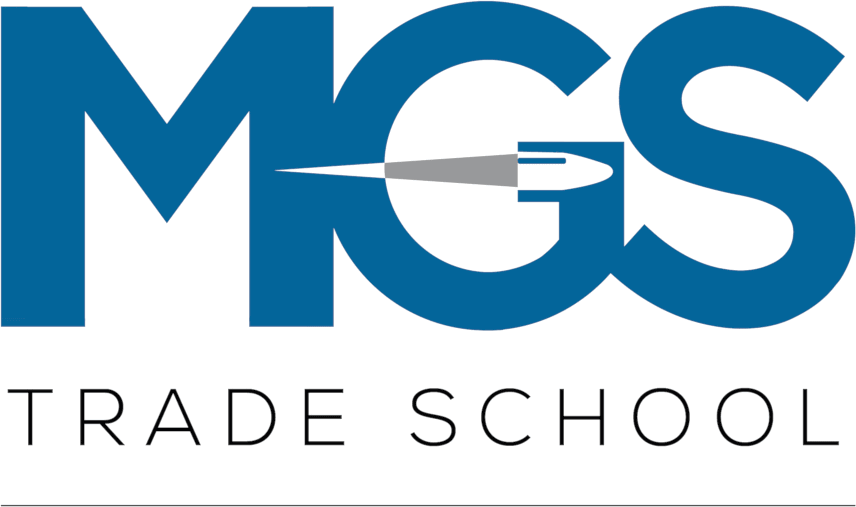Figuring Out What Tools Work for You
This month I want to touch on customizing your workbench. First and foremost, you need to take your time customizing your bench because these tools are expensive, and you don’t want to buy tools just to never use them. I’ve heard a couple stories of freshly graduated gunsmiths renting a building and outfitting it with all the machines and tools they thought they needed. Then six to twelve months later, the shop closes because they don’t have enough business to pay their bills.
Start out slowly by building up your client base, then buy the tools you need. I will lay out some of my recommendations on tools for you to start out with and list them out depending on what you plan to specialize in.
Black Guns
This section I’ll cover ARs and their variants. There are a lot of manufacturers that sell AR components. You can buy AR parts from Amazon these days. So having all the right tools and jigs is nearly impossible. The number one tool that you will need is an Armorer’s wrench. This tool is used to remove barrels and install muzzle devices as well as other tasks.
There are so many options out there, it may be hard to make a decision. I used a simple Wheeler Basic wrench for years. It has worked on many ARs in the past, and it won’t break the bank. I just recently upgraded to the Wheeler XL Fat Wrench. I have not had the chance to use it yet, but I am looking forward to seeing if it will make my next job a little easier.
Secondly, you will need a good vise. I have gone through three “gunsmiths’” vises while I have been in business. Unless someone can convince me otherwise, I wouldn’t recommend any of them. The ones that I have had are made from cheap cast metal and the inner workings break. Sometimes you need to torque down on something, so you need a vise that can handle it. However, I purchased a Yost 750-E vise a couple years ago. This is not a gunsmith specific vise, but I do recommend this vise. It is highly adjustable. It is also a very heavy duty as well. I can’t imagine this tool will ever break.
Next, you need a set of action blocks. These blocks are used to secure the upper and lower receivers in a vise so you can work on them without scratching them. There are others out there, but I’ve had mine for 13 years and have not had any issues. Next, you will need a good set of screwdrivers or a bit set. Brownells and Wheeler both have quality sets. Bit sets are nice because you can always replace broken bits.
You will also need a punch set. I recommend roll pin holder punches. These punches will hold pins in place before you are ready to tap them in. These save a lot of time searching for pins on your shop floor. Lastly, you need hammers. I have ball peen, soft blow hammers, and brass tipped hammers. I use them all. You can usually find a good assortment from Brownells or even your local Harbor Freight.
General Gunsmith
Don’t let the title above fool you. There is nothing general about a gunsmith and the tools required to do the job. I’ve been doing this type of work all my life, and I see something new every day. You will need the tools I mentioned above as well as many more. The above-mentioned tools can be used on other firearms and not just ARs. Hammers, punches, and the important vise will always be needed.
In addition to that list of tools, I would add another punch kit made by Starrett. The roll pin punches work great, but you need a set of punches that will drive the pin all the way in or out. The Starrett set I have has lasted me years. I’ve had to replace the 1/16” pin punch many times. They tend to break when you beat them too hard.
Another very important tool is a handgun sight pusher. I use a MGW sight pusher. It’s expensive, but it is a great tool. Using a hammer and a brass bunch will work on some sights, but most of the newer pistols out there have their sights pressed into place. A brass punch and hammer just won’t do the job.
When you get into more specialized gunsmithing, you can start to add to your collection of tools. If you end up working on 1911s you can add stoning fixtures, lug fitting tools, and staking tools. You may end up building custom rifles, which require barrel removing tools and more precise measuring tools like calipers, depth gauges, and micrometers. Another facet to the gunsmithing business may have you checkering gunstocks. That will require you to have a full set of checkering tools, layout tools, and a checkering vise.
What I have realized over the years is there is a tool for just about every gun out there. And if there isn’t a tool, then you make one. I’ve made a couple in the past. You may need to do the same in the future.
Good luck with fine tuning your custom bench. Remember, don’t buy everything at once. As your business grows you will find your niche, and you can then get the tools to make your job easier.
Semper Fi!
Written by: David Johnson, Leatherneck Gunsmithing




